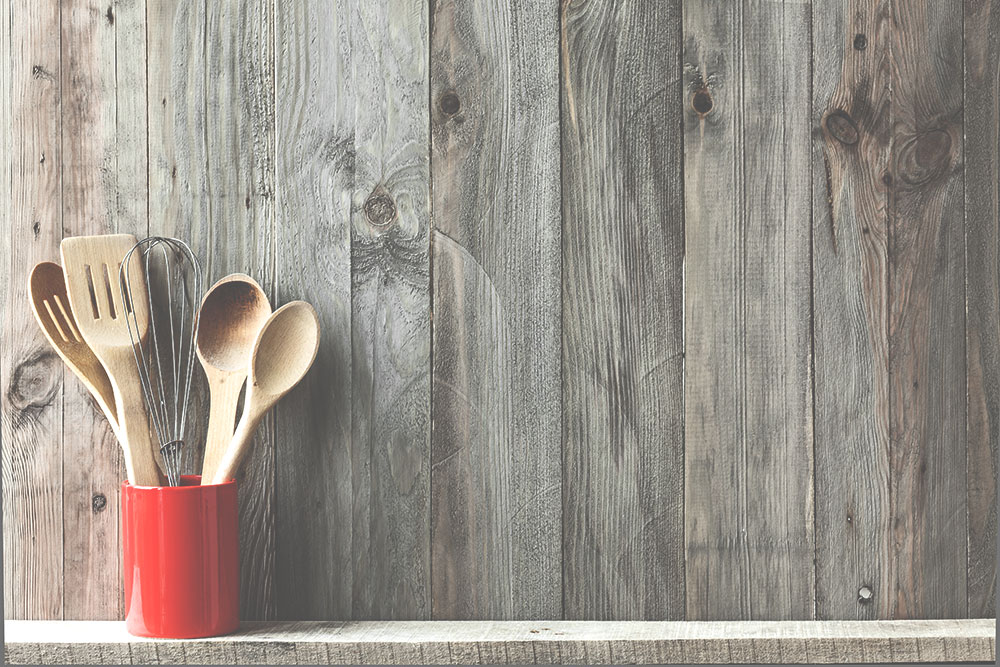Nutrition information around healthy eating behaviors has long been available, so is a critical missing key to behavior change simply learning the cooking skills needed to apply it?
BY: JEANNE PETRUCCI, MS, RDN
If you’re looking to improve your health and the health of those around you, the best place to start might be in your own kitchen. Lack of cooking skills, cooking confidence, time constraints, and the availability and relative low cost of prepared foods can make cooking your own meals stressful and a non-priority. Let’s explore some reasons why cooking skills are generally weak, why they are important, and what you can do to improve your own.
The general lack of cooking skills in today’s adult population is attributed to several factors.
Many parents do not cook. As a result, children are not given the opportunity to observe and acquire those skills, and the lack of culinary literacy then carries to the next generation. The removal of culinary programming in schools, such as home economics, has also had an impact, with this transition away from cooking skill development identified in research as “deskilling”. Also, our population is increasingly engaging in time-saving behavior. If prepared foods are readily available, convenient, and low-cost, making the choice to invest time in preparing our own meals can be more difficult.
The process of improving both cooking knowledge and skills can significantly improve healthful nutrient intake. According to a study published in the American Journal of Preventative Medicine, individuals who consumed home-cooked meals versus take-out or prepared meals not only had better quality diets associated with positive health outcomes, but they saved money too. In another study, researchers concluded that cooking skill classes can have a positive impact on improving cooking confidence as well as vegetable and fruit consumption.
So, how can you get started promoting health in your own kitchen?
Begin by assessing your cooking skills and nutrition knowledge. Then, set some simple goals you know are achievable considering your comfort level. Some suggested goals to take action on include:
- Take cooking classes
- Meet with a licensed nutrition professional (such as a registered dietitian) who has a culinary focus
- Purchase a good knife and cutting board
- Identify multiple sources for simple recipes that you can draw inspiration from
Remember, preparing simple, delicious meals from whole foods does not have to be complicated or expensive. Even if cooking isn’t your thing, getting a simple home-cooked meal on the table that doesn’t break the budget can be simple. Some ideas include:
- Skillet dinner
- One-pot meal (slow-cooker, Instant Pot)
- Sheet-pan dinner
- Soups and stews
- No-cook recipes like overnight oats and salads
The important part of all of this? Practice, practice, practice your cooking!
View these actions as an investment in your health and recognize that you are setting an example for future generations you touch everyday. There’s no need to be a Top Chef – a little planning and some basic kitchen tools are all you’ll need.
Bon appetit!
Adapted from the original article.
Jeanne Petrucci, MS, RDN is the founder of Living Plate, a 501(c)(3) organization dedicated to inspiring wellness through nutrition education that incorporates food experience. Jeanne develops evidence-based nutrition programming and meal planning tools to help organizations and other dietitians encourage behavior change in their communities. Learn more at Living Plate.

